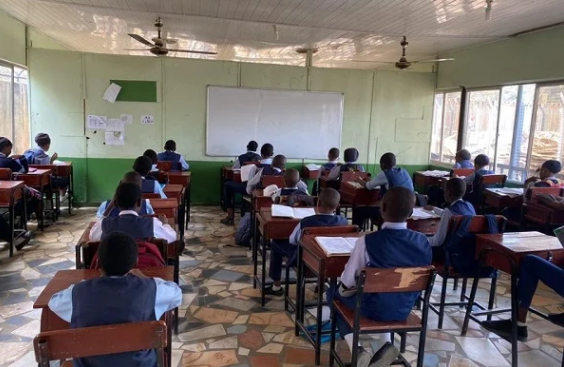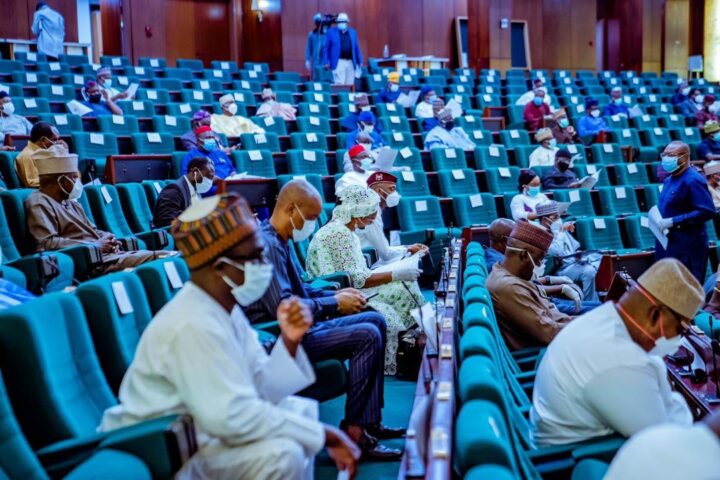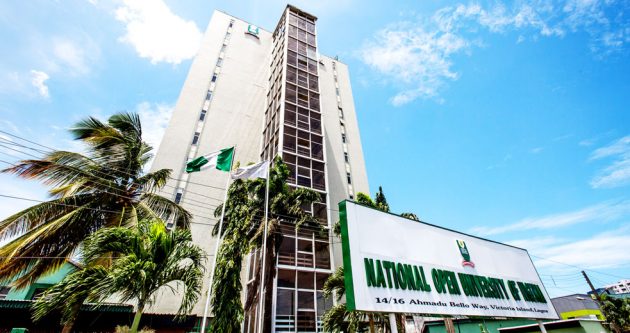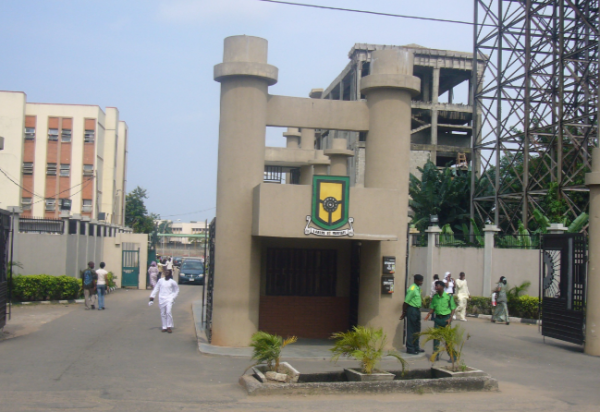BY BABADE AGBELUSI
A December 12, 2018 report, published by Daily Trust, provided a glimpse into the erosion of governmental values in Ekiti State. Headlined “Ikogosi Warm Spring Cries for Rehabilitation”, the report detailed how the famous resort and the state’s major tourist attraction, had gone from the luscious landscape it became between 2010 and 2014, the period covering the first term of Mr. Kayode Fayemi as governor, to a credible imitation of the ruins of a lost kingdom.
It was a high-velocity descent into decrepitude, one occasioned by its abandonment by the Ayo Fayose administration, which succeeded Fayemi’s in 2014. At the time, according to the report, more than half of the resort’s 110 rooms were uninhabitable, with the administrative building, bars, halls and playgrounds looking like barbarians had run through them.
The resort’s major access, the Aramoko-Erijinyan-Ikogosi Road, became fit for just one purpose- extreme sports, with the travel time from Aramoko lengthening from 35 to 100 minutes. Where Ikogosi Warm Spring Resort once attracted local and foreign visitors in hordes, it became the playground of reptiles and other animals, reverting to its pre-2010 state.
Advertisement
A spitting distance from the resort, something equally grave took place. The plant producing the famous Gossy Water brand, established by the United African Company (UAC), caught the bug of neglect, was forced to halt production, and with the collapse of the resort went hundreds of direct jobs and numerous indirect ones.
Ikogosi’s decay mirrored that of sectors, ensuring that Fayemi was faced with mile-high odds on his return to power in 2018, especially at a time the country was just exiting recession.
Simply put, the Ekiti required reconstructive surgery, including for the symbol of state power, which previously was characterized by publicity addiction and cartoonish conduct that resulted in Fayemi’s predecessor presenting the state budget in a T-shirt atop khaki shorts, with the legislature approving the document in under 10 minutes.
Advertisement
The surgery, so far, is in progress and the patient is responding well as evidenced, among other things, by the return to production of the Gossy Water plant in Ikogosi and the revamp of the resort, which was completed in the first quarter last year.
Time to party? Not yet, of course. But there are bold signs that the state is on the path of redemption. Evidence of this could be gleaned from Fayemi’s flaming commitment to the provision of infrastructure, social intervention initiatives, investments in agriculture and rural development, healthcare, and education among others.
The drive to fix the state’s economic infrastructure has been bold and could be seen in the provision of an efficient road network across the state. In an apparent bid to bring about the total recovery of Ikogosi, the Fayemi administration rehabilitated the 13-kilometre Aramoko-Erijiyan-Ikogosi Road, which provides access to the resort. It has also commenced the construction of the seven-kilometre new Ado-Iyin Road, rehabilitation of Oye-Iye-Ikun-Otun Road, which provides access to Ikun Dairy Farm with a 9,000-litre daily milk production capacity; the 25-kilometre Iju-Ire-Igbimo Road, that of the Ado-Ilawe-Igbara Odo-Ibuji Road, and extensive repairs of roads in the state capital.
Efforts at fixing the state’s economic infrastructure deficit have also manifested in the resumption of construction of the Ekiti State Pavilion, which is conceived to be a top-tier events facility complete with a museum, modern library, shopping mall, and cinema; and the ongoing revamp of Ero Dam in Ido-Osi Local Government at a cost of $55 million.
Advertisement
Also, in progress, is the construction of over 160 farm-to-market roads, which is targeted at opening up 500 rural communities. The bold infrastructure footprints have been aided by the increase in the state’s internally generated revenue and return of development partners, who wanted to have nothing to do with Ekiti State in the four years preceding his return.
The state currently enjoys strong ties with the African Development Bank (AfDB), Islamic Bank, United States of America Development for International Affairs (USAID), and British Department for International Affairs (DFID).
Multilateral donors, for example, are funding the construction of the Ekiti Cargo Airport, Special Agricultural Processing Zone, Ado Ekiti Ring Road, dualisation of Ado-Akure Road, and 1000 kilometres of rural roads across all the 16 councils of the state.
All of this and more have been achieved without the theatre and publicity blitz that marked the previous administration. More importantly, the infrastructure revamp has not been accompanied by what a friend described as “debt wish”, the unrestrained borrowing by the previous regime.
Advertisement
It could not have been otherwise. In the straitened times in which the country has found itself, only meticulous planning allied with multi-stakeholder consultations could have delivered so bountifully within such a short time.
His tradition of consulting communities on projects to be implemented has bred inclusivity and ensured that projects match needs and are not high-sounding ideas and unfit for purpose.
Advertisement
This, in short, means the dark clouds that enveloped the state are lifting and quickly, too. The dissipation is on account, I am persuaded, attributable to the man, Fayemi, and his carefully laid plan for the restoration of Ekiti heritage.
Agbelusi writes from Ado-Ekiti
Advertisement
Add a comment






